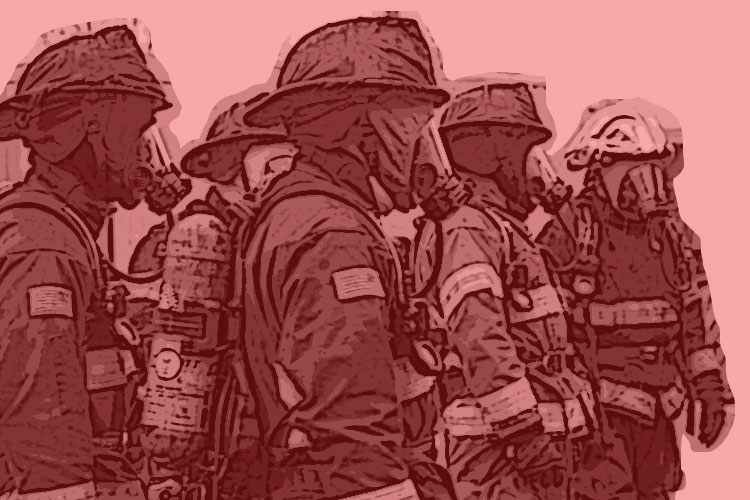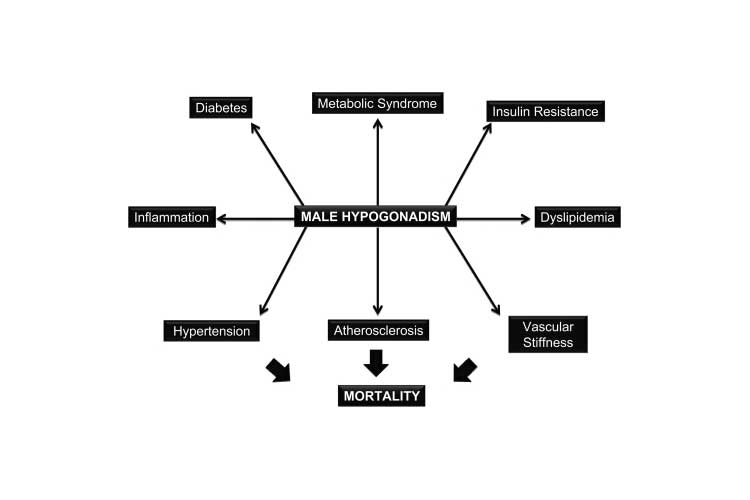
The United Sates fire services continues to be beleaguered by sudden cardiac death and events. In fact, the United States Fire Administration continues to report that the leading cause of on-duty sudden death in firefighters in from cardiovascular events. Recent work by Dr. Denise Smith has focused on the Better Heart project and enhanced imaging to detection subclinical cardiovascular risk. These recommendations include cardiac echocardiogram or ultrasound and baseline line calcification of middle-age firefighters to determine the degree of underlying coronary artery calcified deposits. Furthermore, addressing modifiable risk factors is a key mitigation strategy; these factors include weight loss, physical conditioning, proper nutrition, controlling blood pressure, sugar levels and cholesterol, smoking cessation, and alcohol moderation.
One area that is not discussed as frequently is the role that testosterone may play in contributing to cardiovascular risk. Recent studies have shown that low serum testosterone levels to be an independent risk factor of cardiovascular and all-cause mortality.
NCBI: Welcoming low testosterone as a cardiovascular risk factor

It is important to be mindful that much of this research is in general population subjects and not in firefighters, who face greater occupation extremes of heat stress, physical exertion, and other fireground environmental factors that challenge the cardiovascular and circulatory systems.
Recent research published by Dr. Denise Smith in the peer reviewed journal Andology looked at data from Life Scan Wellness Centers, the nation’s largest provider of comprehensive early detection physicals for firefighters and examined testosterone findings specific to that population. The researchers found that firefighters with low or borderline serum testosterone levels had lower left ventricular wall thickness as determined on cardiac echocardiogram, suggesting a possible “preclinical” low testosterone condition that may increase cardiovascular risk. Further studies will continue to evolve our understanding of this condition in firefighters and the implications for treatment and screening.

Todd J. LeDuc, MS, CFO, FIFirE, retired after nearly 30 years as assistant fire chief of Broward County, Florida, an internationally accredited career metro department. He served as chief strategy officer for Life Scan Wellness Centers, a national provider of comprehensive physicals and early detection exams. He has served as a member of the International Association of Fire Chief’s Safety, Health & Survival Section for over a decade and is currently secretary of the section. He is a peer reviewer for both professional credentialing and agency accreditation. He is editor of Surviving the Fire Service (Fire Engineering Books) and serves on numerous advisory boards and publications. He can be contacted at Todd. LeDuc@lifescanwellness.com
MORE

